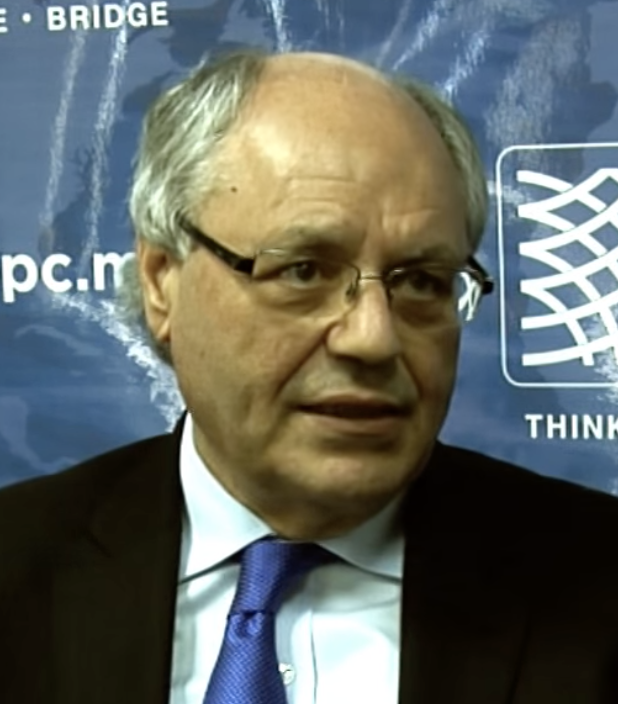The last decade has been marked by a long period of debt accumulation, particularly in emerging and developing economies. Loose financing conditions and low interest rates encouraged these countries to borrow to meet their financing needs. Today, in the context of the global crisis caused by the Covid-19 pandemic, the situation is becoming more worrying. The increase in public spending on health and social protection, combined with the decrease in tax revenues, has led to a widening of deficits and an acceleration of the pace of indebtedness, which has added to the upward trend already underway since 2010. The world is thus faced with a dilemma: ensuring a sustainable economic recovery without exacerbating the risks of a global debt crisis. Should we be more concerned about the economic recovery or the debt situation? Are we facing a trade-off? Have the initiatives taken by the international community so far, in support of certain countries, to mitigate their risks of over-indebtedness and default, been sufficient and effective? How to maintain the development momentum for countries facing a liquidity shortage? How to reform the international architecture to reduce the risk of future debt crises?












